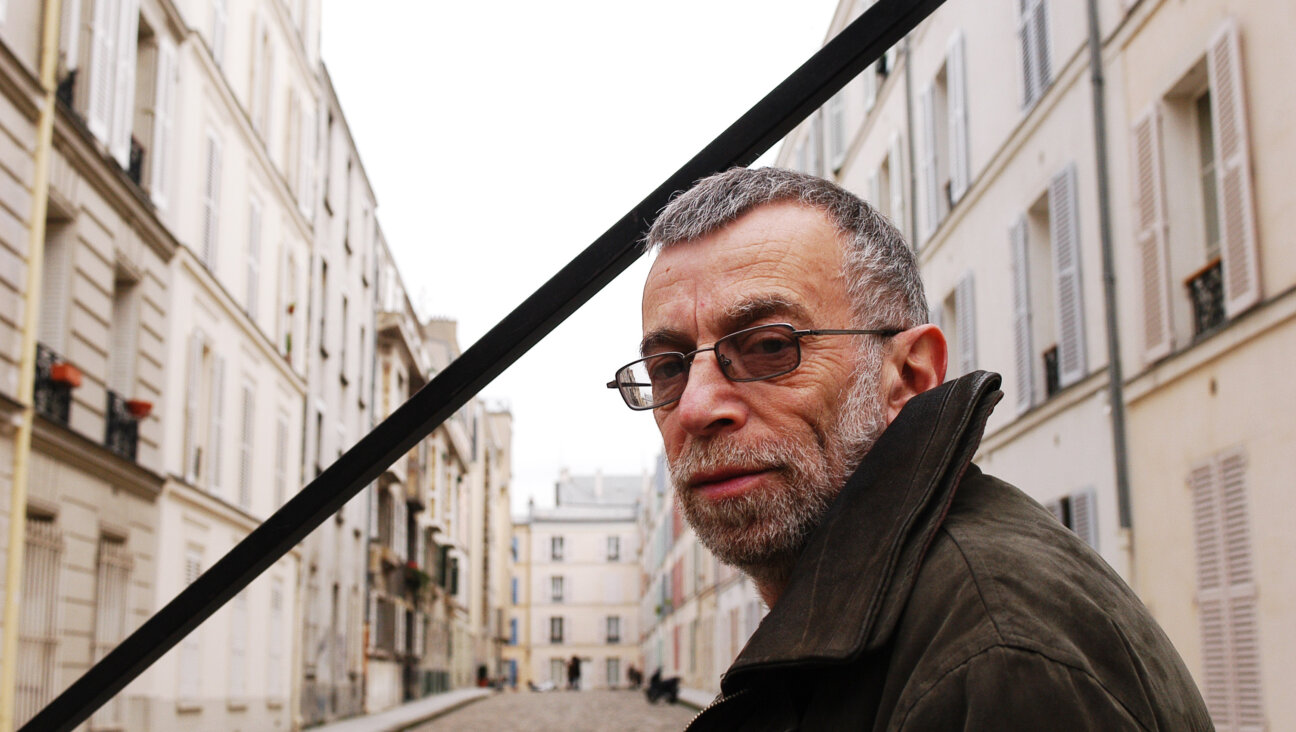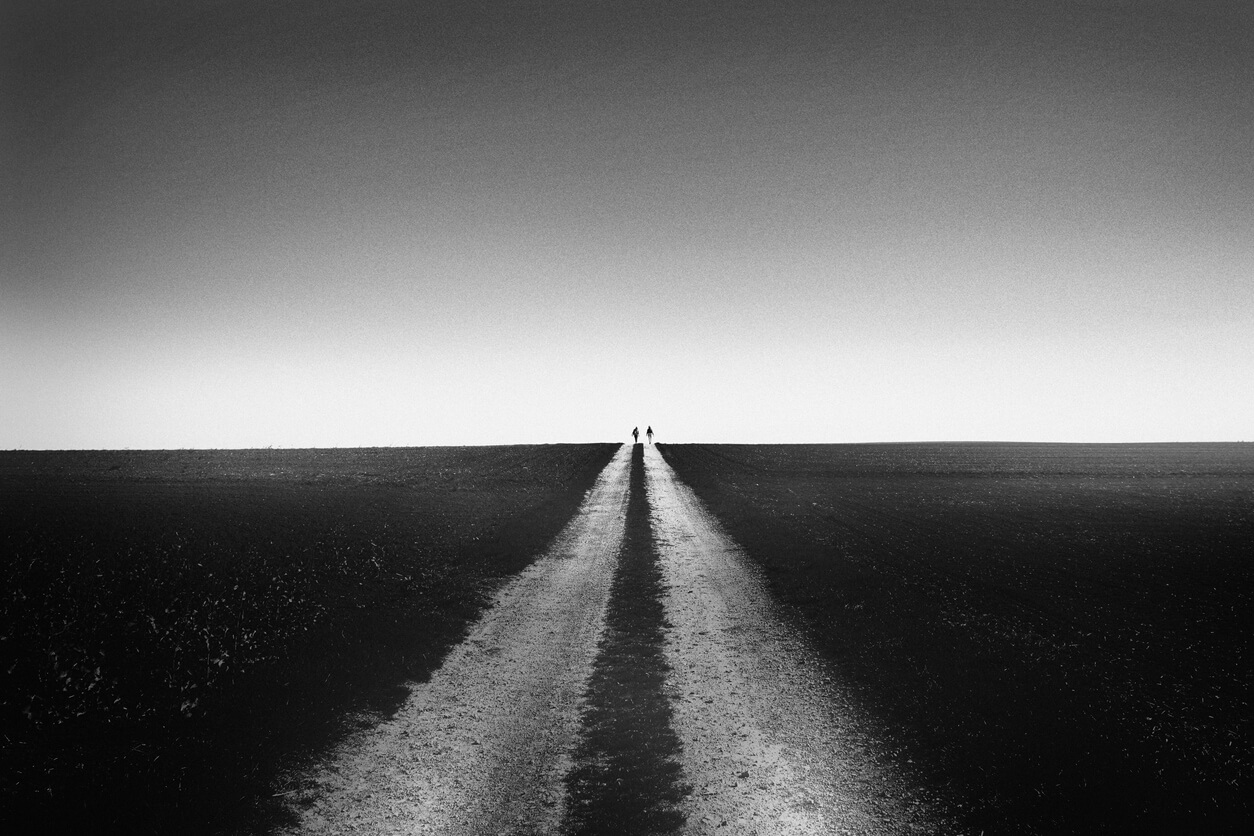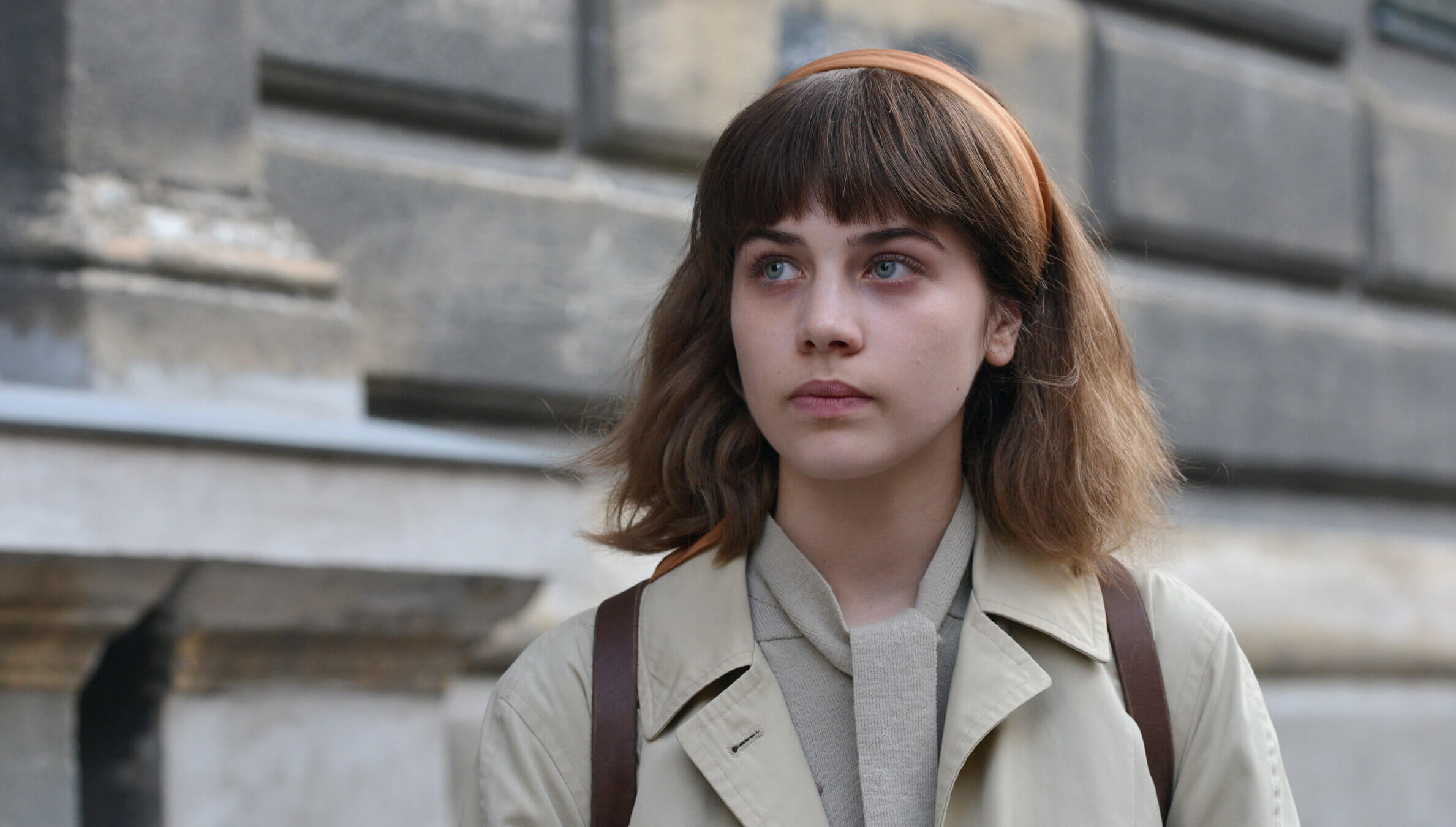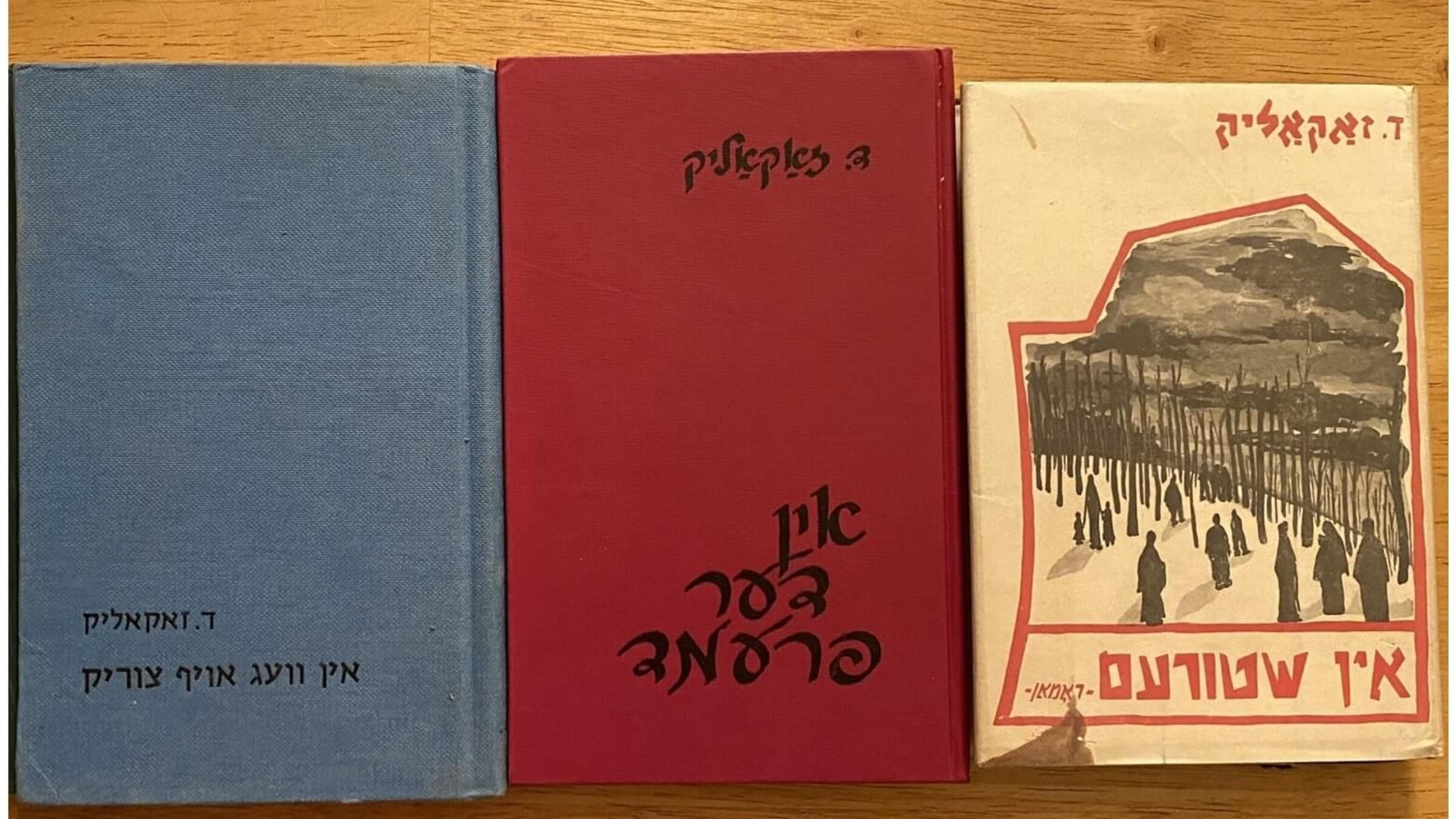Russian authorities are calling the death of a prominent Jewish poet an ‘accident’ — his compatriots say it was an assassination
Lev Rubinstein spent his life in the shadow of antisemitism

Lev Rubinstein spent his life in the shadow of antisemitism

In 'Two Roads Home,' Daniel Finkelstein urges the reader to remember both Nazi and Soviet crimes against humanity

Set in Budapest, 'Those Who Remained' focuses on the friendship between a middle-aged man and a teenage girl

Jews who survived under Stalin rather than Hitler are largely absent from mainstream film and literature

This article originally appeared in the Yiddish Forverts. The film “Finding Babel” portrays theater professor Andrei Malaev-Babel’s journey across the former USSR seeking traces of his grandfather, Russian-Jewish author Isaac Babel. The film was recently released on Vimeo in English-, Russian- and Ukrainian-language versions. In the English version of the film, Isaac Babel’s quotes are…

In the new normal of 2017, in which far-right and far-left militants clash openly in America’s public square, a contentious 20th century debate is newly relevant: is the extreme left as dangerous and repugnant as the extreme right? Should the hammer and sickle be as offensive as the swastika? Was Communism as evil as Nazism…

This article originally appeared in the Yiddish Forverts. Abez. A small station on the Northern railway line more than 2,200 kilometers from Moscow – and only 7 kilometers before the Arctic Circle, where the taiga forest turns into the endless tundra. You won’t find the name Abez on any train station because there is no…

It didn’t take long after news broke that Bernie Sanders had volunteered decades ago on a hard-left kibbutz in Israel for right-wing critics to start lobbing ever-scarier adjectives at him. The Democratic presidential candidate’s stint at Kibbutz Sha’ar Ha’Amakim in northern Israel proves to conservatives that he isn’t just a “socialist” but a hard-core Marxist…





די ווילנער דאָקטוירים יעקבֿ וויגאָדסקי און צמח שאַבאַד זענען אויך געווען געזעלשאַפֿטלעכע טוער.

יעקבֿ פֿינקלמאַן באַשרײַבט אויך זײַן לאַנגיאָריקן פֿאַך — ווי ער האָט צוגעשטעלט וויסן אין טעלעקאָמוניקאַציע איבער דער וועלט


100% of profits support our journalism